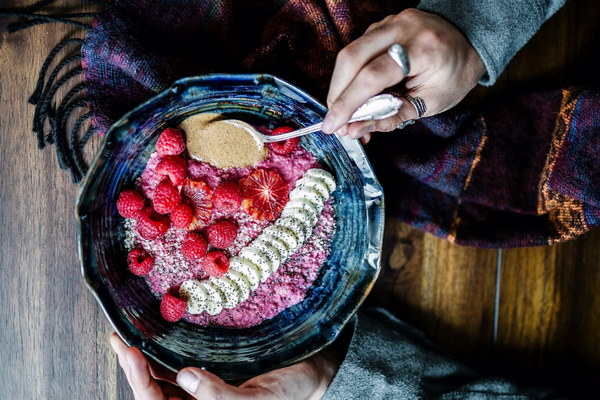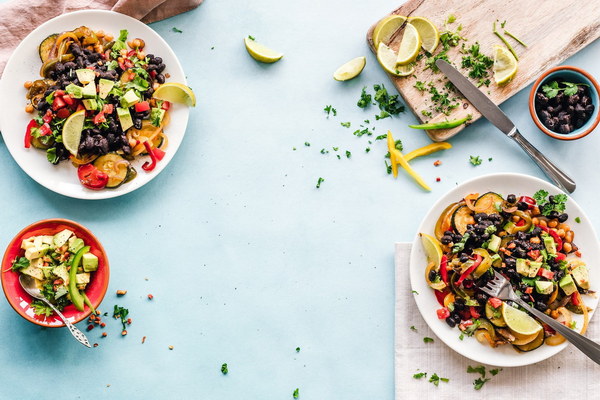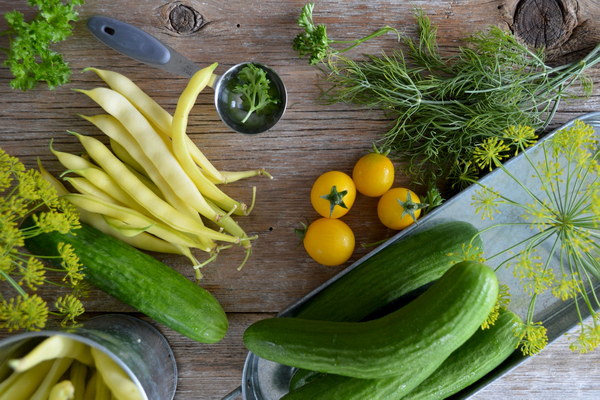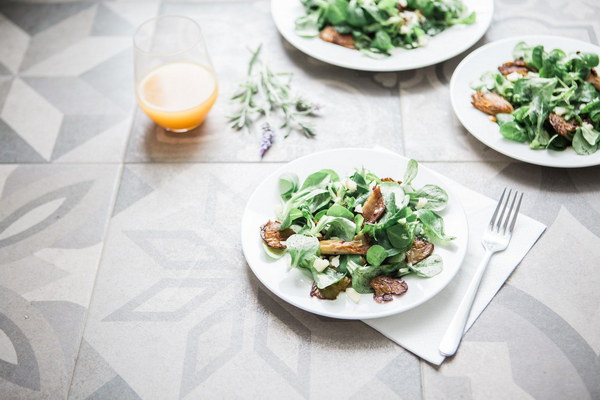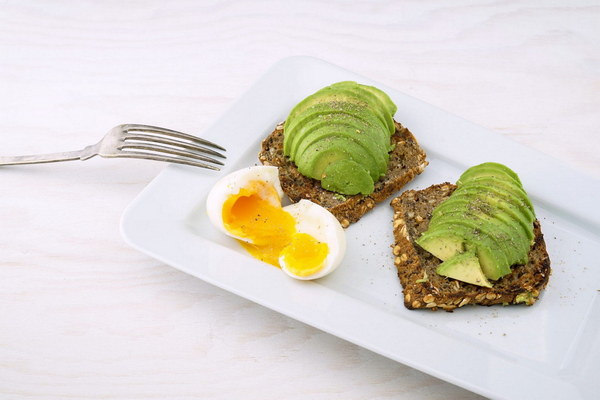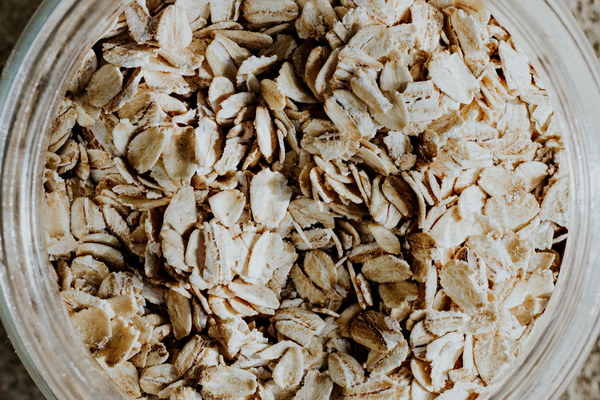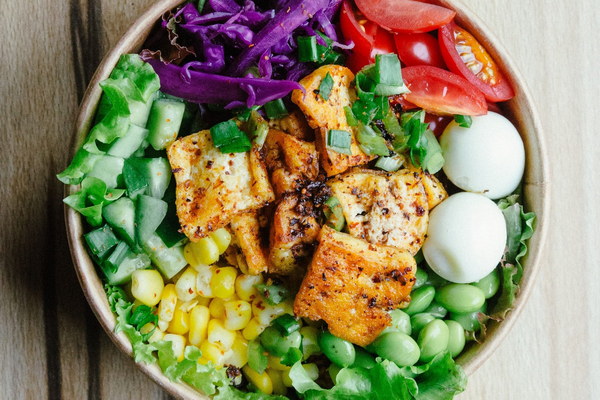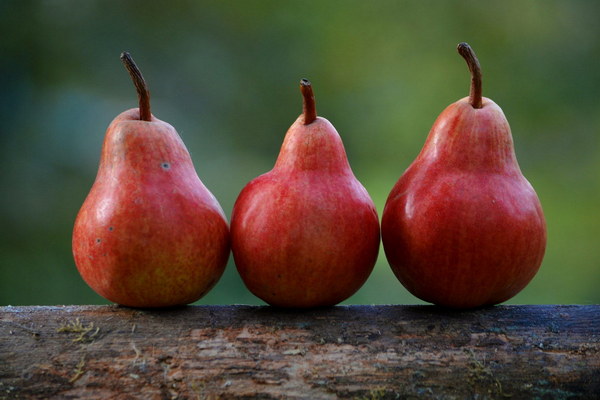The Royal Kitchen A Culinary Journey into Ancient Chinese Medicine and Cuisine
The Royal Kitchen: A Culinary Journey into Ancient Chinese Medicine and Cuisine
Nestled within the walls of ancient Chinese palaces, there lies a hidden treasure trove of culinary artistry and traditional medicine - the royal kitchen. This hallowed space, steeped in history and mystery, has been the epicenter of health, wellness, and exquisite taste for centuries. Here, we embark on a culinary journey into the heart of the royal kitchen, where ancient wisdom and modern gastronomy intertwine to create a symphony of flavors and healing properties.
The origins of the royal kitchen can be traced back to the Han Dynasty, around 206 BC. It was during this time that the concept of yin and yang, the balance of opposite forces, was introduced into the realm of medicine. This philosophy, which emphasized the importance of harmony between the body and the environment, also influenced the preparation of food. The royal kitchen became a sanctuary for this harmonious approach, where food was not merely sustenance but a potent medicine for the body and mind.
One of the key principles of the royal kitchen is the use of medicinal herbs and ingredients. These natural remedies are carefully selected for their therapeutic properties and combined in intricate recipes that cater to the specific needs of the royal family and their courtiers. For instance, ginseng, known for its energizing properties, is often used to boost the immune system and enhance vitality. Similarly, goji berries, rich in antioxidants, are prized for their ability to slow down the aging process and improve overall well-being.

The art of cooking in the royal kitchen is a meticulous process that requires a deep understanding of both traditional medicine and culinary techniques. The chefs, known as pharmaceutical chefs, are highly trained in the art of blending flavors and healing properties. They spend years mastering the art of creating dishes that not only tantalize the taste buds but also promote health and longevity.
One of the signature dishes of the royal kitchen is the Imperial Chicken Soup, a savory broth that has been a staple for centuries. Made with chicken, ginseng, goji berries, and a host of other medicinal herbs, this soup is believed to boost the immune system, improve mental clarity, and enhance overall health. The process of making this soup is a testament to the culinary expertise and dedication of the chefs, who carefully select and prepare each ingredient to ensure the perfect balance of flavors and healing properties.
Another iconic dish is the Braised Pork with Astragalus, a tender pork dish that is rich in flavor and nutrients. Astragalus, a powerful herb known for its immune-boosting properties, is slow-cooked with pork to create a dish that is both delicious and healthful. The chefs take great care in preparing this dish, ensuring that the pork is tender and the herbs are fully infused into the meat, resulting in a dish that is as satisfying to the palate as it is to the body.
In addition to these medicinal dishes, the royal kitchen also offers a variety of traditional Chinese delicacies, such as Peking duck, Dim Sum, and mooncakes. These dishes, while not necessarily medicinal, are crafted with the same attention to detail and balance of flavors as the medicinal dishes. The chefs understand that food is more than just sustenance; it is an experience that nourishes the soul as well as the body.
The royal kitchen stands as a testament to the deep connection between food, medicine, and culture in ancient China. It is a place where the wisdom of the ages is passed down through generations, ensuring that the art of healing through food continues to thrive. As we delve into the culinary wonders of the royal kitchen, we gain a deeper appreciation for the intricate relationship between taste, health, and well-being, and we are reminded of the timeless power of food to heal and nurture the human spirit.
